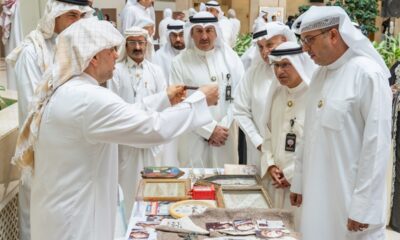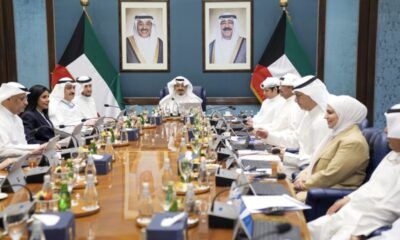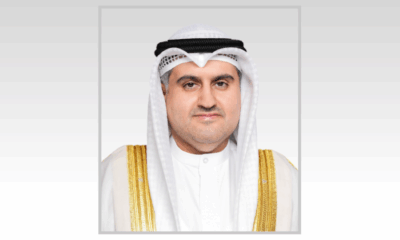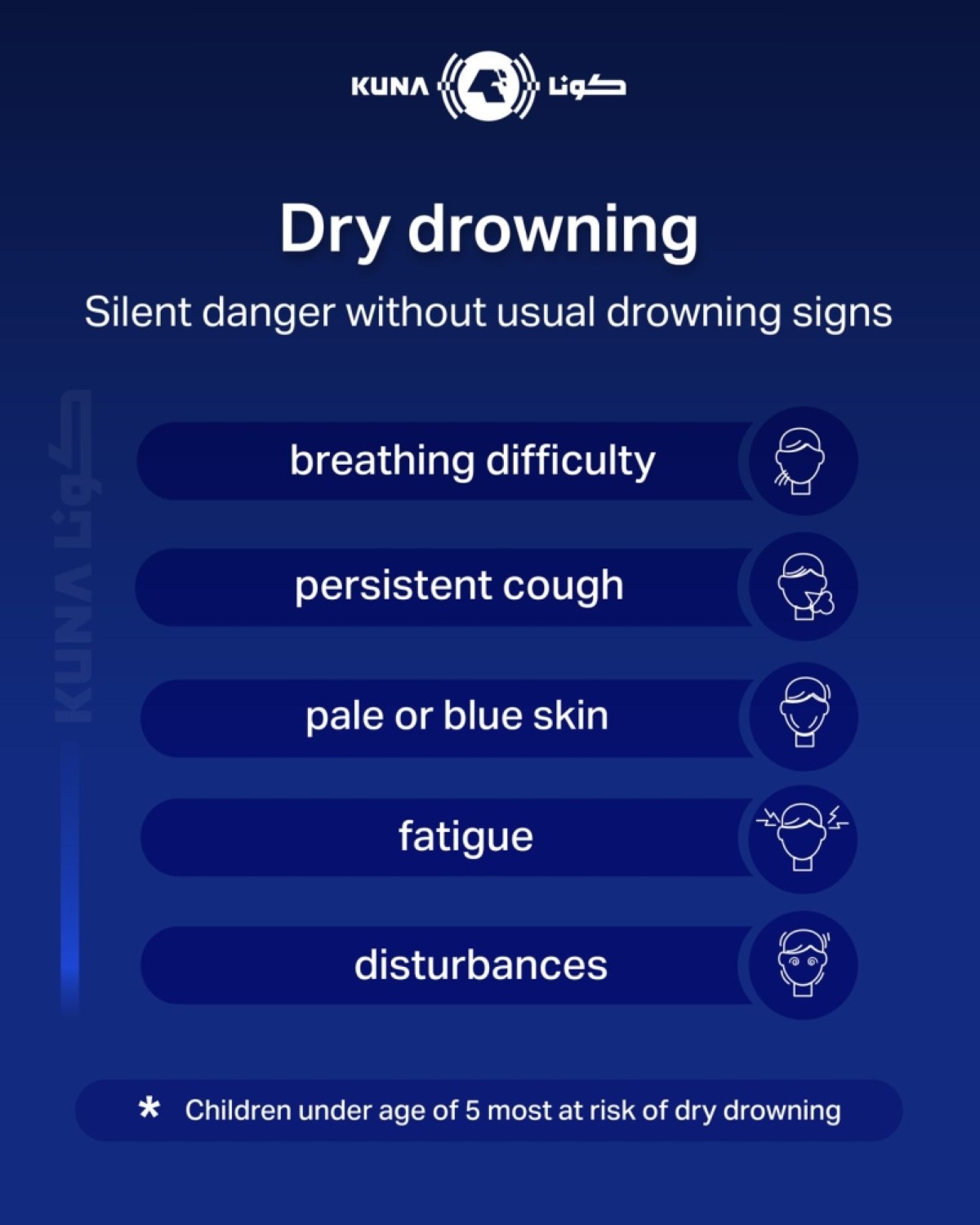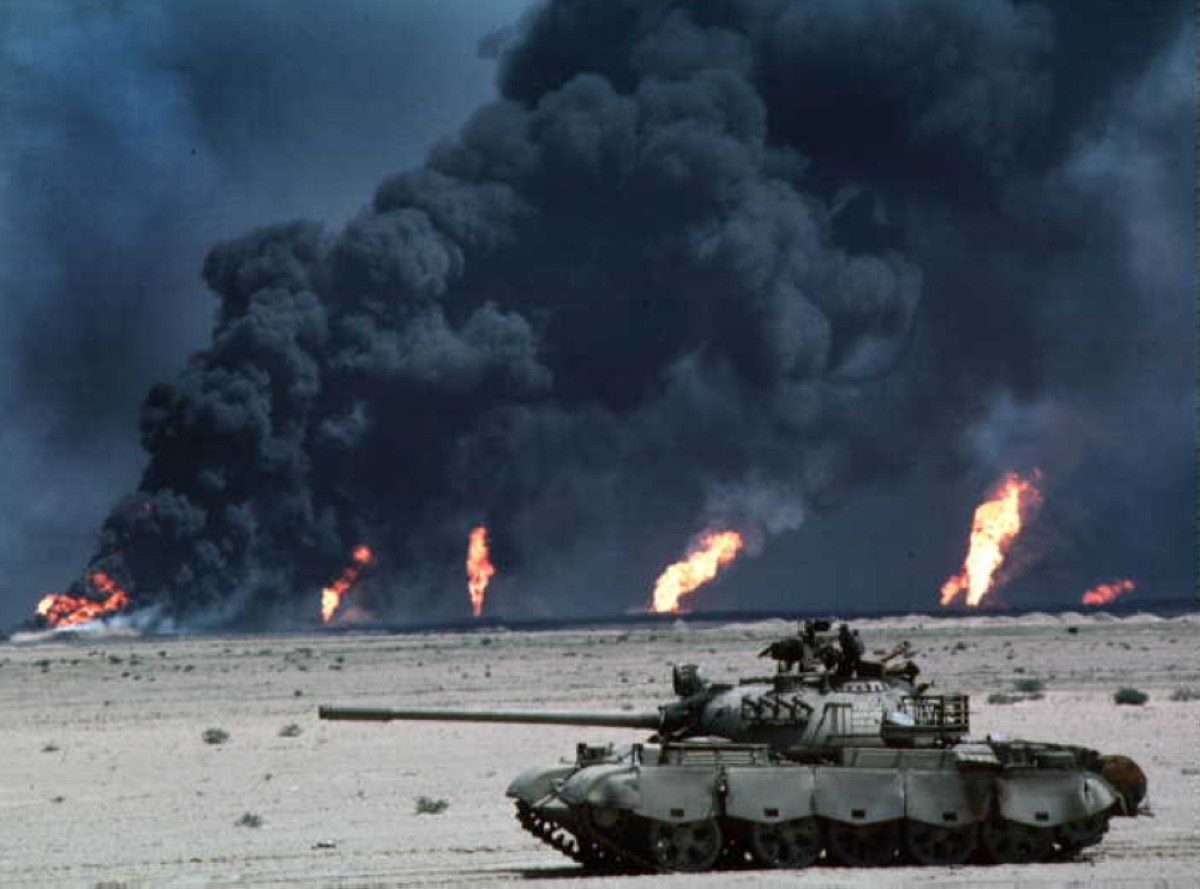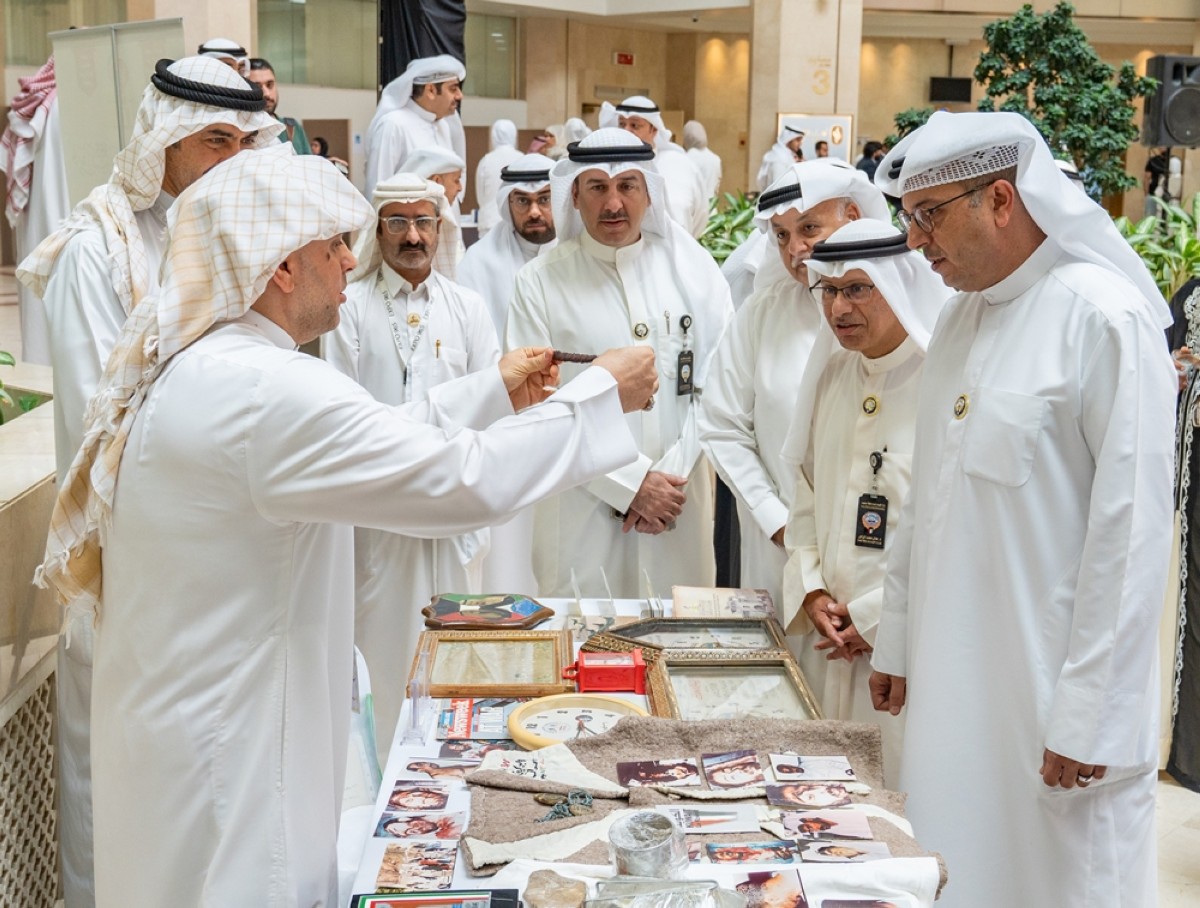Latest News
Kuwait implements mandatory exit permit for expatriate workers
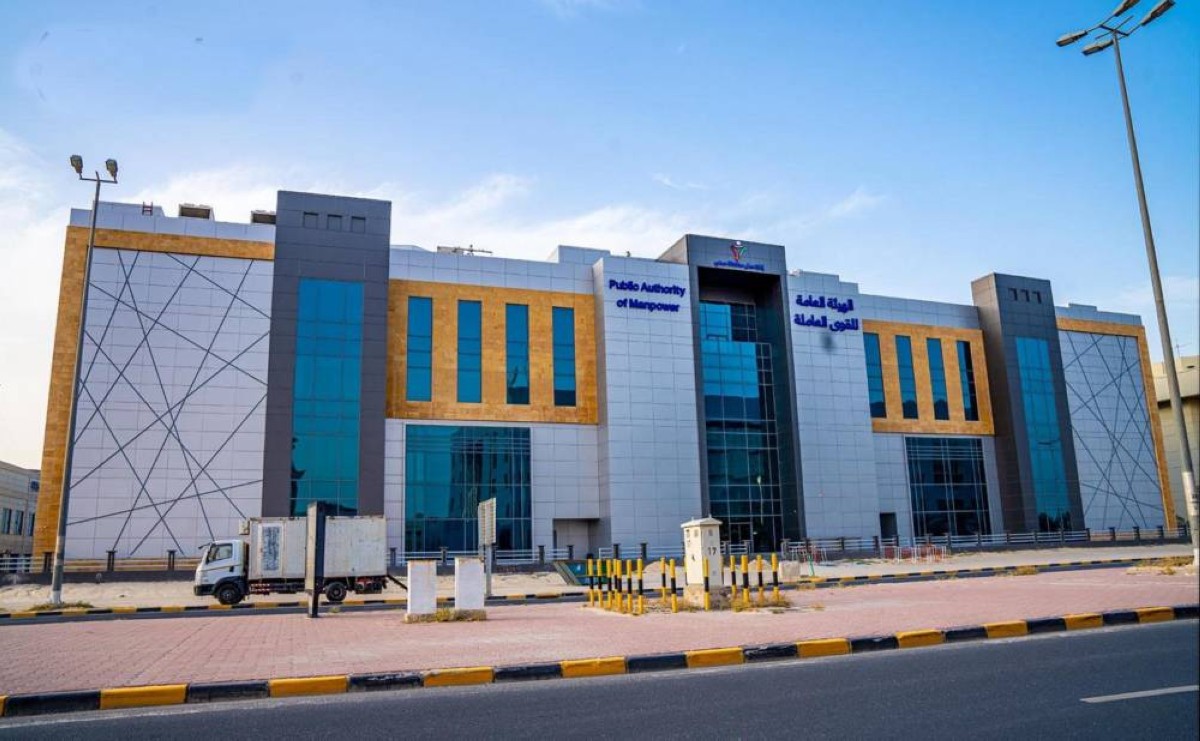
Latest News
MoH warns of rare but serious ‘dry drowning’ risk in children
Latest News
Kuwait’s Cabinet painfully marks 35 years since Iraqi invasion
Latest News
Expo 965 exhibition highlights atrocities of the Iraqi invasion of Kuwait on its 35th anniversary
-
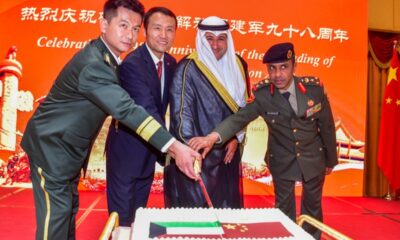
 Latest News22 hours ago
Latest News22 hours agoKuwait, China near completion of joint ammunition factory
-
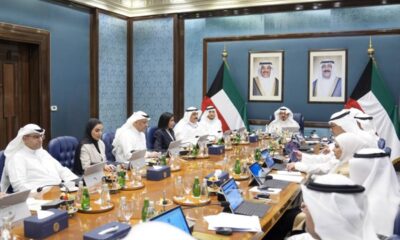
 Latest News23 hours ago
Latest News23 hours agoCabinet recalls with bitterness Iraq’s occupation of Kuwait
-
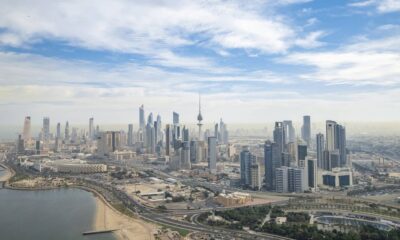
 Latest News9 hours ago
Latest News9 hours agoHot, dusty weather to persist through Friday: Meteorologist
-

 Business21 hours ago
Business21 hours agoAsian shares mixed after China-US talks end without trade deal
-
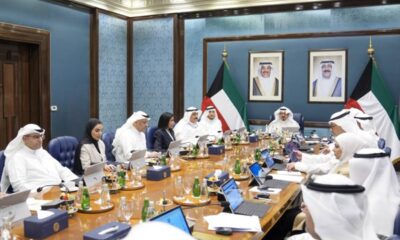
 Latest News20 hours ago
Latest News20 hours agoCabinet orders quick removal of all encroachments on state properties
-

 Politics17 hours ago
Politics17 hours agoFormer Broadcaster Sentenced to Two Years for Insulting God and the Amir
-

 Politics18 hours ago
Politics18 hours agoDoctor Sentenced To Jail, Fined KD 345,000 For Five-Year Absence And Salary Fraud
-
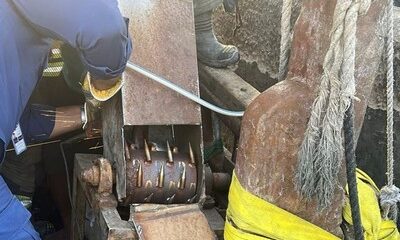
 Politics16 hours ago
Politics16 hours agoFirefighters free a worker’s hand trapped in an ice crusher at fish market


